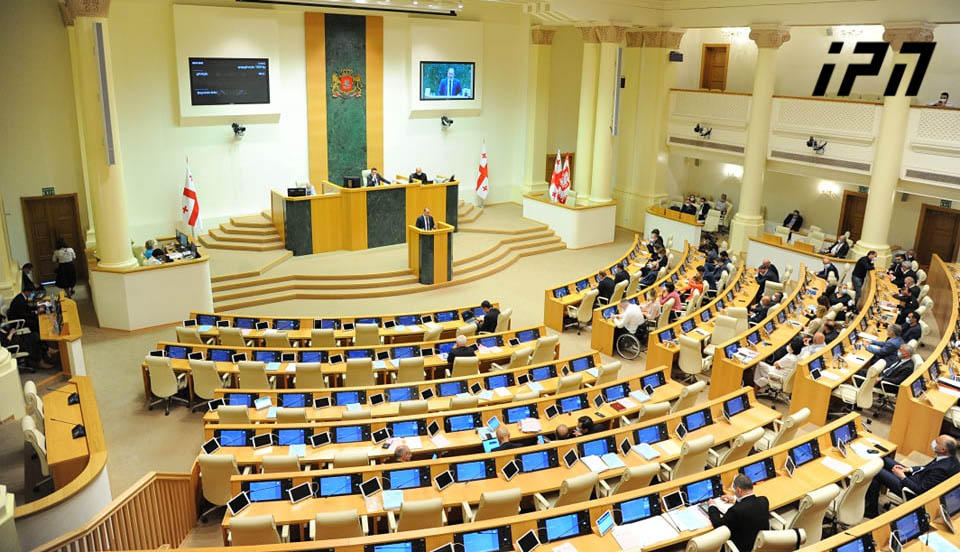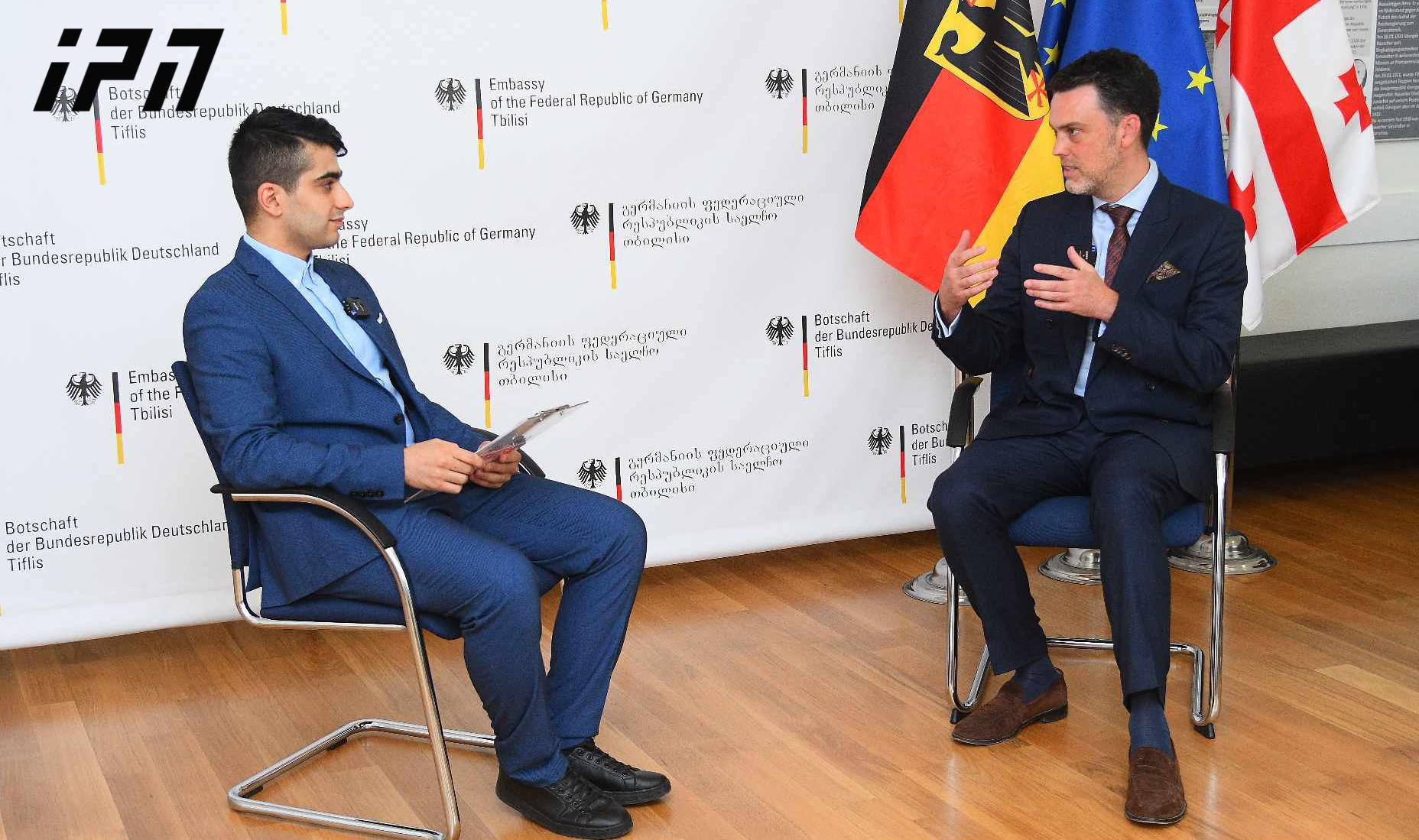Parliament returns draft law on deoligarchization from third to second reading

The Parliament is returning the raft law on deoligarchization from the third to second reading.
The issue has already been reflected in the agenda of the plenary sessions. As the Chairman of the Parliament, Shalva Papuashvili, said at the session of the Bureau, the draft law will be returned to the second reading in order to take into account the recommendations of the Venice Commission and make changes accordingly.
The Parliament considered and adopted the draft law on deoligarchization in the second reading in November.
The draft law was developed according to the example of the Ukrainian law with similar content and essentially repeats the norms of the Ukrainian law.
As for the opinion of the Venice Commission, according to the report, the risk of arbitrary application of the draft law on oligarchisation is high in the light of public statements, indicating that once adopted, it will be applied to the opposition.
The Venice Commission notes from the pieces of legislation submitted to it for assessment that two approaches as to the means of de-oligarchisations may be distinguished.
“The first, which the Venice Commission will refer to as “systemic”, involves the adoption and strengthening of legal tools in many fields of Law, such as legislation relating to media, antimonopoly, political parties, elections, taxation, anti-corruption and anti-money laundering, etc. Addressing the destructive influence of oligarchy requires considering these fields of Law in a comprehensive and coordinated manner. In view of the interconnected nature of the problem, efficient bridges must be built between these fields of Law and the institutions that implement them. This systemic approach has a long-term preventative effect.
The other approach, adopted by the draft law under consideration and which the Commission will refer to as “personal”, seeks to identify the persons who wield this negative influence on the state through specific criteria, such as wealth, media ownership, etc. The persons who fulfil a combination of these criteria are publicly declared as “oligarchs”. Once registered as “oligarchs”, these persons are then subjected to a series of limitations that include exclusion from the financing of political parties or activities, exclusion from privatisations of public property and the strict obligation for public officials to report on the content of exchanges with them or their representatives. The “personal approach” is thus rather punitive in character. The consequences of the designation of a person as an “oligarch” raise a series of questions regarding its compatibility with the guarantees of the European Convention on Human Rights (ECHR). Further, to the extent that “oligarchs” are excluded from political participation, the principle of political pluralism needs to be upheld: the decision as to who qualifies as an “oligarch” should not be left at the risk of being decided along party political lines. Supposing that this “personal approach” could be made to be compatible with Council of Europe standards, it would require clear legal criteria and strong guarantees of an independent decision-making body and due process, notably the establishment of special procedures for the investigation into the applicability of the criteria, for making evidence-based decisions, a special registry for these persons, for a comprehensive appeal process against these decisions and the possibility of having the “oligarch” designation removed for a person previously registered as an “oligarch”.
Overall, it can be said that the Venice Commission favours a more systemic approach, which includes prioritising the strengthening of the legislation and the institutions that work in the various sectors in order to enable efficient cooperation and mutual assistance between them. While the Venice Commission considers the personal approach as generally problematic, it does not categorically exclude all the elements of such an approach, notably insofar as they relate to illegal or criminal acts. The Commission wishes to stress once more that this approach requires putting in place strong procedural guarantees to prevent violations of both human rights and the rule of law.
Bearing in mind the above reasons, the Venice Commission is also mindful of the prevailing domestic legal and political context, which offers important insights concerning the rationale and content of the draft law, and makes its recommendations accordingly on the most effective means of addressing such a de-oligarchisation priority. Therefore, given the contextual differences, the de-oligarchisation strategy has to take into account the specific situation in each country”, reads the document.
The Venice Commission considers that the implementation of the recommendations in various fields, when taken together, will be an essential part of a systemic approach to de-oligarchisation, and will serve as the necessary foundation for any specific legislation on this issue.
“Given the issues and high risks identified above, the Venice Commission considers that the "personal approach" taken in the draft law, which defines and stigmatises persons on the basis of unclear criteria, carries a high risk that will lead to human rights violations without achieving the aims pursued. The risk of arbitrary application of the Law is even higher in the light of public statements, indicating that once adopted, it will be applied to the opposition”, reads the opinion.

